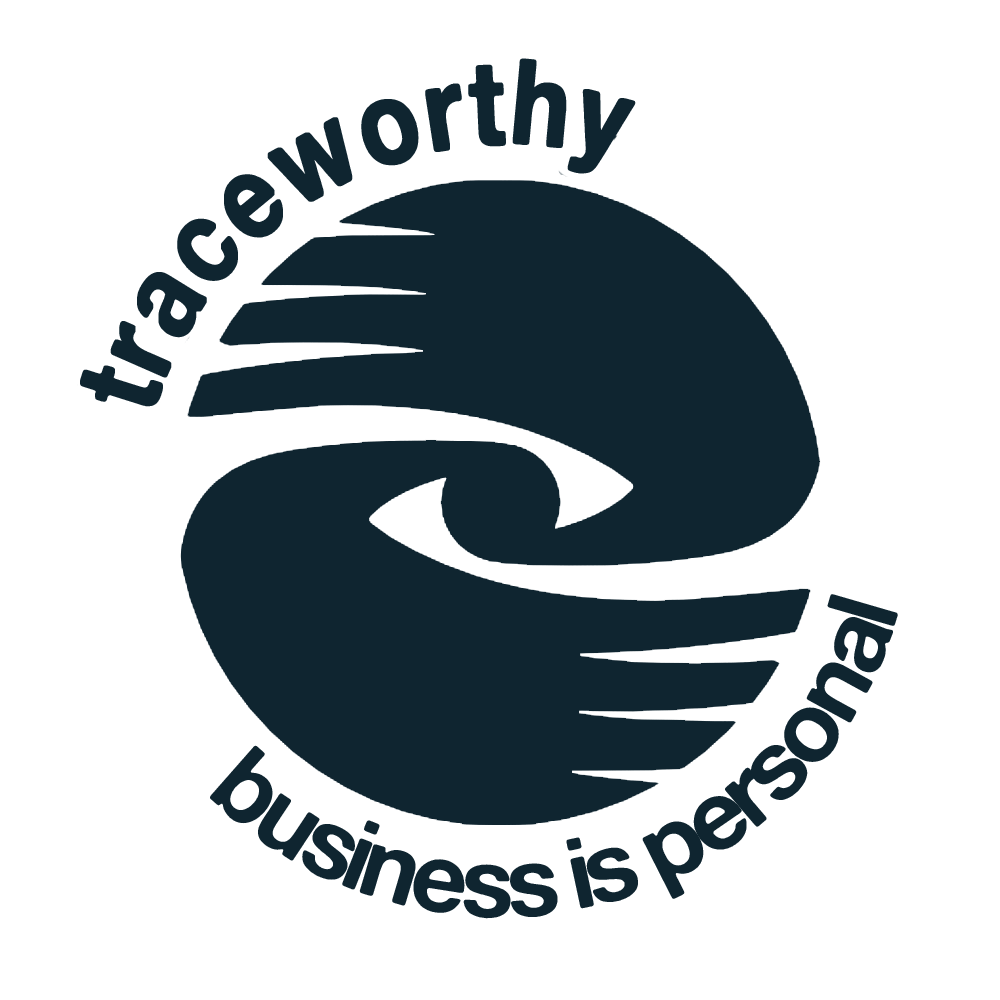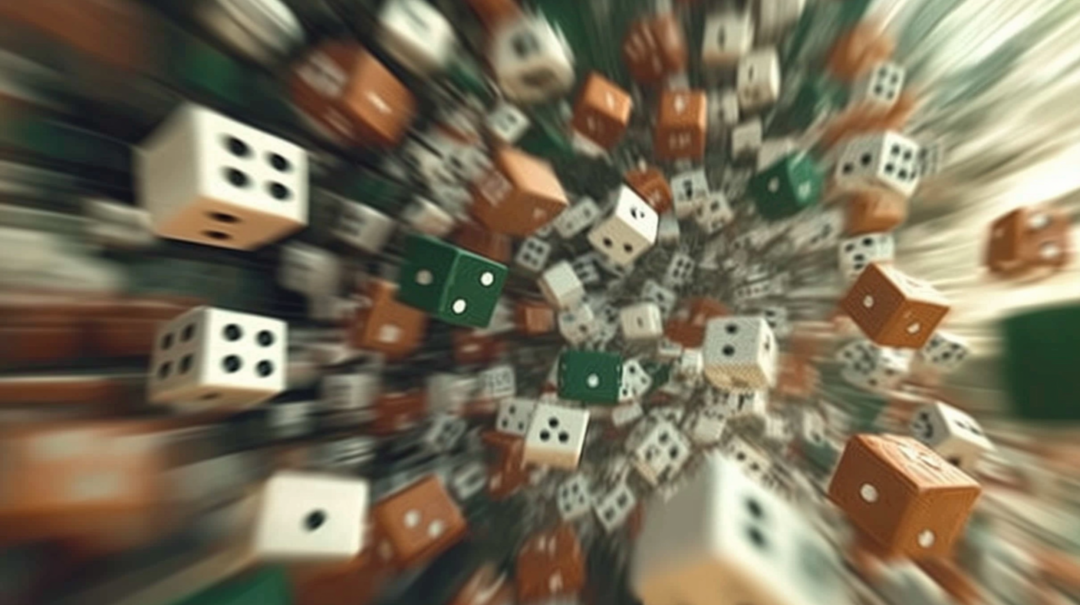Rethink Decision-Making Today
“Are you sure? That seems risky.”
How many times have you heard those words? Maybe you were the one saying them, watching someone else take a leap you wouldn’t dream of taking. Maybe you whispered them to yourself, as fear took the wheel, convincing you to stick with what you know.
Risk is a loaded word. To some, it evokes opportunity; to others, it sounds like recklessness dressed up as ambition. The truth lies somewhere in between, but here’s the part no one talks about: what looks like risk to the casual observer is often anything but.
Behind most “risky” decisions lies something that people rarely stop to consider: thought. Not just one moment of thinking, but hundreds of moments stacked like bricks, creating a foundation so sturdy that what looks like a leap of faith to everyone else is just another step forward for the person taking it.
What You Think Is Risky Probably Isn’t
Picture this: an entrepreneur leaves a stable job, cashes in their savings, and starts a business in Bali. To their colleagues back home, it is insanity. Why would anyone throw away a steady paycheck for a gamble?
But dig a little deeper, and you’ll see a different story:
- Months, maybe years, of market research.
- A network of contacts built slowly and intentionally.
- Financial modeling that tested every worst-case scenario.
From the outside, it looks like a high-wire act with no safety net. To the entrepreneur, it’s a carefully engineered bridge.
The problem isn’t the risk itself; it’s our inability to recognize how much work has gone into minimizing it.
Ask yourself:
Are you calling something risky because it truly is—or because you haven’t taken the time to understand what’s beneath the surface?
The Anatomy of a Calculated Risk
Let’s dismantle the myth of the “reckless” risk-taker. There’s a method to their madness, one that looks like this:
- They See What Others Do Not
- Risk-takers excel at gathering information. They spot patterns, ask questions, and see connections that others miss.
- They Weigh the Costs of Doing Nothing
- To them, standing still is often the bigger gamble. They see inaction as its own kind of risk—a slow, quiet one that erodes opportunity over time.
- They Prepare for the Worst
- What if it all falls apart? Calculated risk-takers don’t just ask this question; they build safety nets to catch themselves when it does.
Why Playing It Safe Can Be the Biggest Risk of All
Here’s the irony: people who avoid risks often think they’re being responsible. They’re protecting themselves, they say. But from what?
- From Failure? The calculated risk-taker knows failure is part of the deal—and part of the lesson.
- From Uncertainty? Life is uncertainty. The illusion of control is just that: an illusion.
By avoiding risk, what you are really doing is sidestepping responsibility. If you never take the leap, you will never have to own the consequences. But here’s the flip side: you will never own the rewards, either.
So ask yourself:
Is your aversion to risk protecting you—or limiting you?
The Responsibility of Thinking for Yourself
The real work of risk is not in the action—it is in the thinking. Calculated risk-takers do not just leap; they think deeply, take ownership of their decisions, and bear the weight of their consequences.
This is not easy. It means:
- Sitting with discomfort when the answers are not clear.
- Asking hard questions others avoid.
- Accepting blame when things don’t go as planned.
Most people shy away from this kind of work. It is easier to stay in the shallow end, where the stakes are low, and the risks are few.
Risk, Fear, and the Stories We Tell Ourselves
Take a moment to think about the last time you labeled something as “too risky.” Was it the risk itself that scared you—or the story you told yourself about what could happen?
We are wired to fear the unknown. But risk-takers know the unknown is rarely as terrifying as it seems. They do not just accept uncertainty; they interrogate it, break it apart, and figure out how to turn it into something manageable.
They know that fear is a lousy guide.
Recklessness vs. Calculation: The Truth About Big Decisions
Risk-takers are often labeled as reckless, but the truth is, recklessness and calculation couldn’t be more different.
Recklessness is diving in without looking. It is gut over thought, impulse over planning.
Calculation, on the other hand, is thoughtful, measured, and deliberate.
For every entrepreneur, investor, or adventurer who looks reckless from the outside, there is a backstory of spreadsheets, strategy, and sleepless nights spent analysing every possible outcome.
Ask yourself:
When was the last time you assumed someone was being reckless, only to discover they had thought through it more than you ever imagined?
How to Reframe Risk and Take Action
If you have spent your life avoiding risk, it is time to change the way you think about it. Here is how:
- Start Small
Take tiny risks every day. Build your tolerance for uncertainty, one decision at a time. - Gather Better Information
Risk is scary when you do not know enough. Start asking questions, seeking patterns, and identifying what you can control. - Focus on the Upside
What could go right? Too often, we let fear blind us to the opportunities that risk creates. - Own Your Decisions
The responsibility is not optional. If you are going to take the leap, commit to accepting the consequences—good or bad.
Are You a Risk-Taker—or Just Risk-Averse?
The greatest risk is doing nothing. While risk-takers face uncertainty, risk-averse thinkers face a quieter danger: a life defined by what could have been.
So, which are you? Are you the one taking calculated risks, doing the thinking that others will not? Or are you standing on the sidelines, avoiding risk because you do not want to bear the responsibility for thinking deeply?
Here is the truth:
If you avoid risk to avoid responsibility, you are not playing it safe. You are just playing small.
The question is, how much longer are you willing to let fear make your decisions for you?

